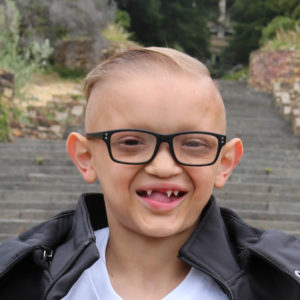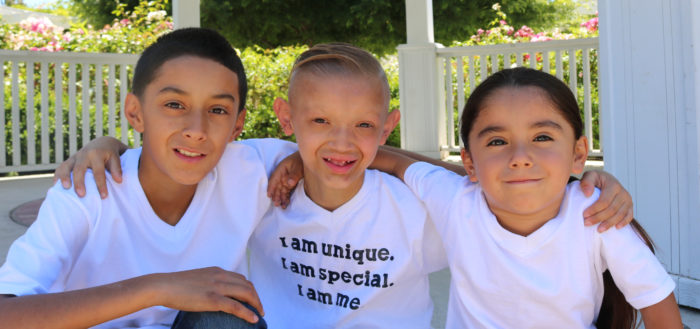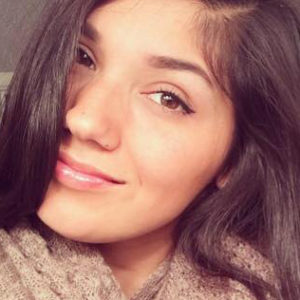By Briana Pinon
When our son, Tristan, was diagnosed with x-linked hypohidrotic ectodermal dysplasia (XLHED) in 2011, I felt completely alone. I had never heard of ectodermal dysplasias before and the diagnosis of a rare genetic disorder completely stopped me in my tracks.
We scheduled follow-up appointments for further testing and the doctor handed me a paper with the National Foundation for Ectodermal Dysplasias (NFED) website. I remember coming home that day and holding my baby in my arms uncertain of his future health or limitations.
I turned on my laptop and went directly to the NFED website where I was instantly greeted with smiling faces of people that surprisingly looked a lot like my son! The lonely feeling inside me was instantly replaced with hope and that’s when I knew I had to be involved.
I felt the need to advocate for my son and the NFED provided me with all the tools necessary.
In 2012, I hosted the first Don’t Sweat It Walk in my area. I had never hosted an event before and I had no experience in fundraising. But, I saw the opportunity and I really felt it in my heart to volunteer. The entire process was simple and the event turned out to be one of my biggest accomplishments.
I met some adults who were affected and it was so great to hang out and ask them questions. Right away I felt like they actually understand me! If I didn’t set up this event, I would have missed out on all these new connections that helped me be more optimistic when I needed it the most.

Through the years, Tristan grew more curious about his disorder. Sometimes he asked questions that I simply couldn’t answer and together we would do our research on the NFED website. He always gets happy and excited to see friends that look like him.
I was blessed to have met some families through the NFED who were closer to my home than I would have imagined. I don’t think a thousand pictures or articles can come close to the feeling of meeting someone else who is affected in person. Tristan’s eyes shine extra bright when he sees someone else with ectodermal dysplasia and I know that these will be lifelong friends.
The support the NFED offers families is what makes me want to give back.
Tristan started kindergarten this past fall and to be honest, it was a rough start. I had to pick him up early several times because of temperature issues and I even thought about home schooling. I turned to the NFED and ALL of the resources I needed were available from the NFED library.
Everything from letters to the teachers explaining the condition to help creating a 504 plan. It’s been such a successful school year since. I want all families to have access to these resources for many years to come and this is what I think of when I fundraise: the endless support.

I am passionate about educating others about ectodermal dysplasias and I will continue volunteering for the NFED as long as I can.
These days, technology helps tremendously in fundraisers. It’s easier to get the word out about events and setting up/donating to a fundraiser online is fast, easy, and efficient. We, the parents, siblings, friends and affected individuals are what make this foundation.
You do not need to be an event planner or have any experience with fundraising to make a difference. Monetary donations are very important to keep up with all the research and support but you are also spreading awareness. Don’t ever feel intimidated about starting a fundraiser because the NFED is there to offer help throughout the way. Take that leap and make a difference in so many lives.
“Volunteers do not necessarily have the time; they have the heart.- Elizabeth Andrews
(Briana Pinon is a guest blogger for the NFED. She is the mother of a child affected by ectodermal dysplasia.)

That kid Carlo Pinon is cool
Briana you and the boys are so inspiring. Thank you for sharing your family’s story with us.